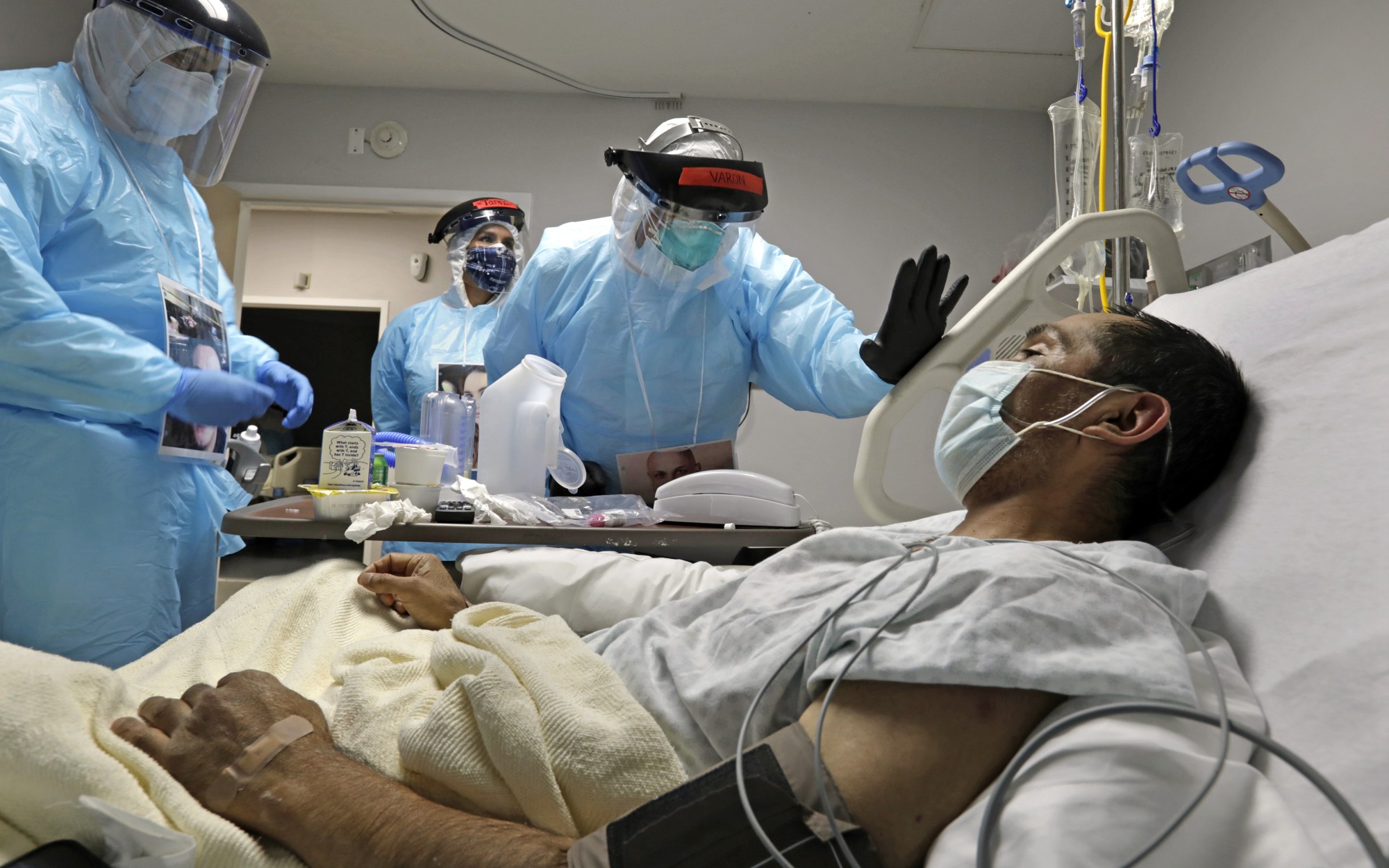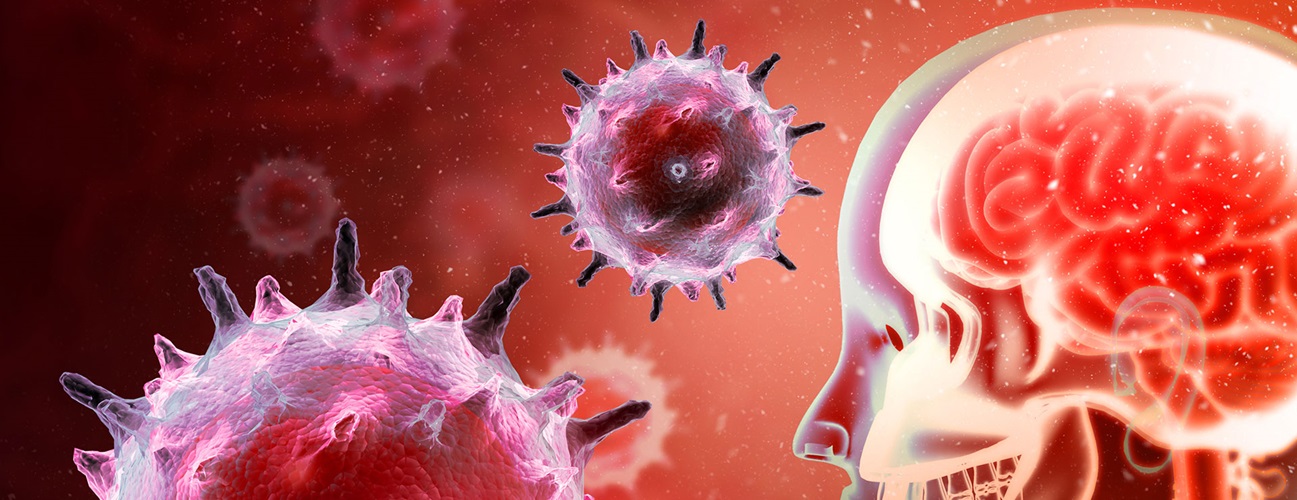Alert: A Young Main's Brain Attached by Coronavirus Without Known Symptoms

Recently, a 30-year-old man in Texas was diagnosed with new coronavirus pneumonia. He did not have typical symptoms such as fever, cough, and chest pain. However, he developed slurred speech, difficulty walking, and other stroke-like conditions. Researchers said that this is the world’s first case of COVID-19 with acute viral cerebellitis but no other symptoms.
Body temperature and blood are normal, but slurred speech and unstable walking
The American Journal of Emergency Medicine published on the 9th the University of Texas Health Science Center (University of Texas Health Science Center) latest research pointed out that the first symptoms of a 30-year-old male patient were vomiting, Speaking vaguely, walking unsteadily, was judged by the doctor as a stroke. However, a brain scan showed that the patient had no intracranial hemorrhage, and X-rays showed mild inflammation of the upper lungs. After nucleic acid testing (PCR), the patient was confirmed to be infected with the new coronavirus.

- Disposable Medical Face Masks with Elastic Ear Loop 3 Ply Breathable and Comfortable
- Disposal Protective Clothing for Medical Use
- N95/KN95 Protective Mask with Elastic Ear Loop
- Surgical Mask with Elastic Ear Loop 3 Ply Breathable and Comfortable
- ZeroVirus Space Portable Sterilization Bar
It is worth noting that the patient’s body temperature is stable, the blood test indicators are also normal, and there is no respiratory symptoms.
After 10 days of hospitalization, the patient’s neurological symptoms improved, but he could not walk alone, so the hospital discharged him.
The two Ph.Ds Adriana Povlow and Andrew Auerbach who published the case pointed out that the above-mentioned patients suffered from acute viral cerebellitis, but did not have the typical respiratory symptoms of new coronavirus pneumonia, which is the first in the world. example.
The researchers said that the patient’s condition showed a wide range of symptoms and manifestations of the new coronavirus, and medical staff faced challenges in diagnosing. Highly skeptical”.
Virus attacking the brain
According to previous reports, during the outbreak in Wuhan, more than one-third of the confirmed cases suffered from impaired consciousness, seizures, loss of smell and vision, nerve pain or other neurological diseases. After being treated and discharged from hospitals in other parts of the world, people infected with the disease also showed signs of “brain fog” such as confusion and inattention, which lasted for several months, and most of them were elderly.

According to CNN, as early as March and April this year, the New England Journal of Medicine published the results of a study by doctors from the Mount Sinai Health System, stating that the new coronavirus can make blood abnormal The method freezes, leading to an increased risk of stroke (stroke). Therefore, doctors reminded not to check for new crown infection only when you have a fever, and consider possible infection with the new crown virus when you have stroke symptoms.
At present, scientists have not yet fully figured out how the new coronavirus affects the human brain. Researchers have always believed that the neurological symptoms of patients with new coronavirus may be the result of brain inflammation caused by a “cytokine storm” (abnormal immune response), rather than the result of direct virus invasion. However, Yale University immunologist Akiko Iwaaki released a study in September stating that the new coronavirus can break through the blood-brain barrier (a structure that surrounds blood vessels in the brain and tries to prevent foreign substances) from replicating in the brain, causing nearby Brain cell hypoxia, headaches and confusion in some patients with new coronavirus may be the result of the new coronavirus directly invading the brain.
